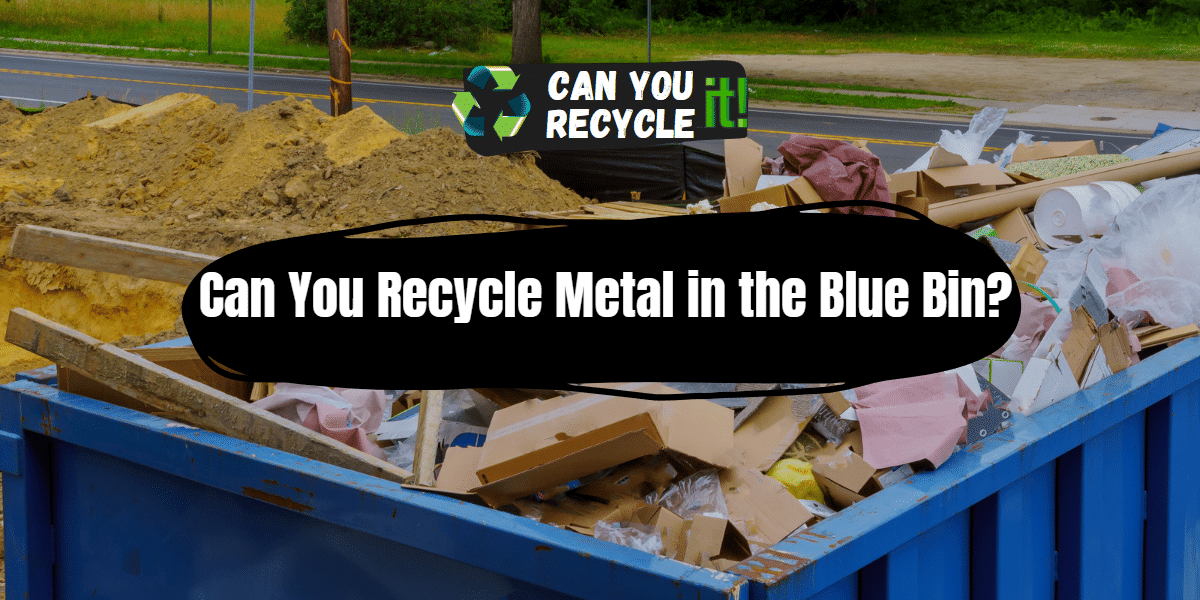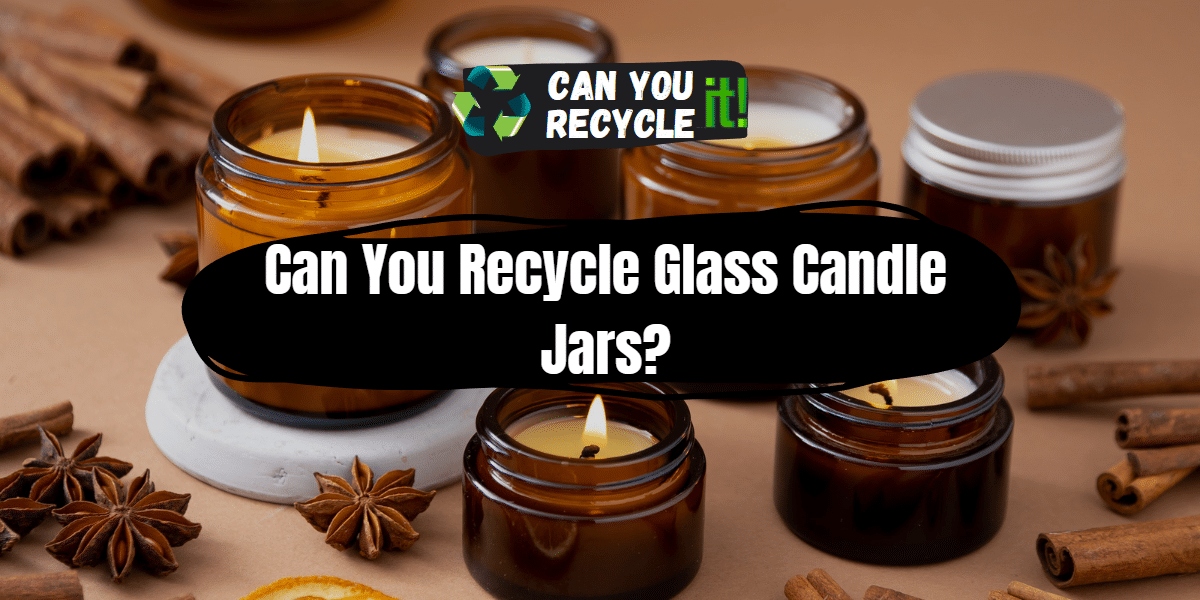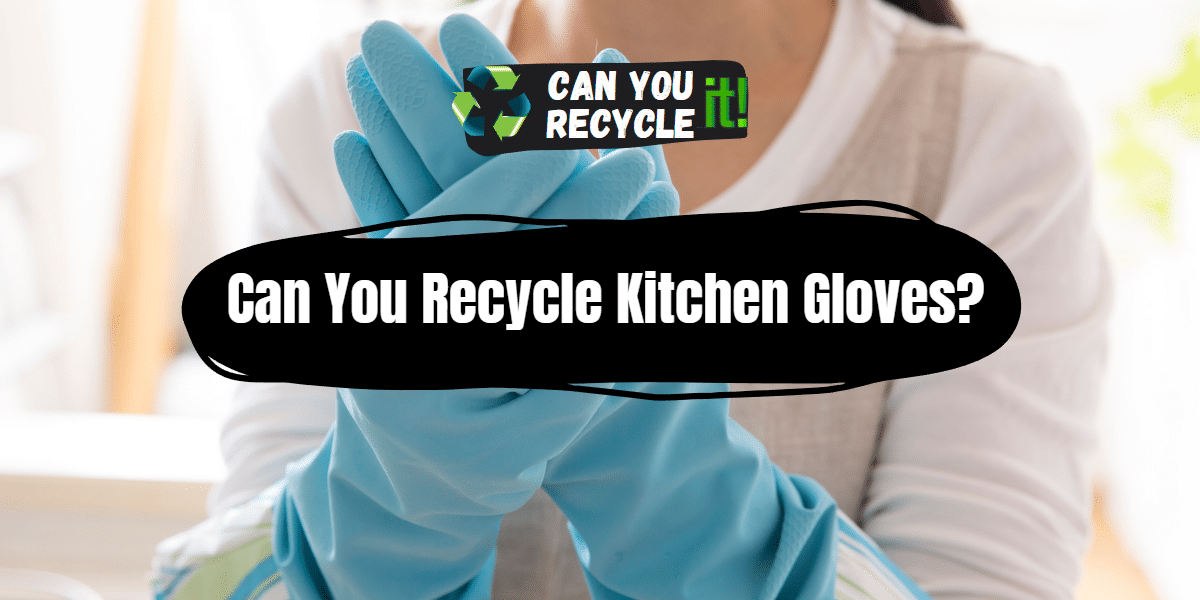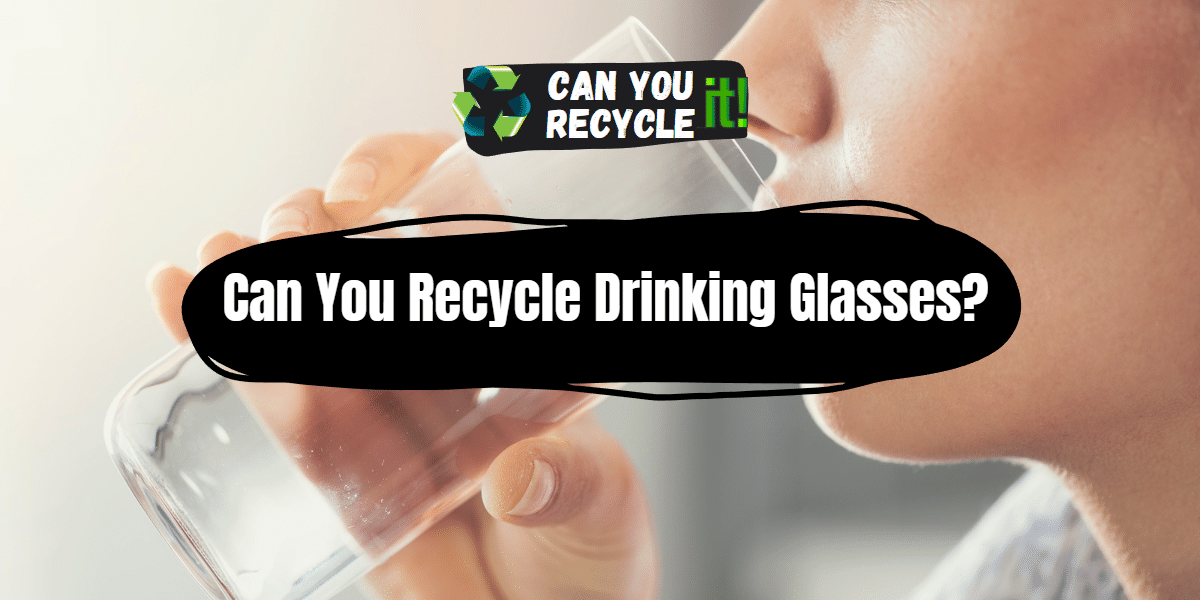Yes! Many types of metal can be recycled through your local recycling program, making it easy for you to contribute to a more sustainable future.
However, it’s essential to understand the dos and don’ts, follow a step-by-step guide, and be aware of the environmental impact of recycling metal in the blue bin.
Table of Contents
Do’s and Don’ts
To ensure effective metal recycling in the blue bin, here are some dos and don’ts to keep in mind:
Dos
- Clean Metal: Rinse metal containers and remove any non-metal parts, such as plastic or paper labels. Clean metal ensures a more efficient recycling process.
- Separate Different Metals: If you have different types of metal, such as aluminum and steel, separate them to streamline the recycling process. Many recycling programs accept various metal types.
- Follow Local Guidelines: Check your local recycling guidelines to ensure that the specific metal items you want to recycle are accepted in the blue bin. Guidelines may vary by location.
- Recycle Metal Packaging: Metal cans, aluminum foil, and other metal packaging can typically be recycled in the blue bin. Flatten cans if possible to save space.
- Recycle Metal Lids: Metal lids from glass jars and bottles can also be recycled. Make sure to remove them from the containers and place them in the blue bin separately.
Don’ts
- Recycle Non-Metal Items: Avoid placing non-metal items, such as plastic or paper, in the blue bin for metal recycling. These items can contaminate the recycling stream and hinder the recycling process.
- Recycle Hazardous Metal: Certain types of metal, such as aerosol cans, paint cans, or metal objects with hazardous materials, should not be recycled in the blue bin. Check with your local recycling facility for proper disposal methods.
5-Step Guide to Recycle Metal in the Blue Bin
Recycling metal in the blue bin is a straightforward process. Here’s a step-by-step guide to help you recycle metal effectively:
Step 1
Clean Metal Items Before recycling, make sure to clean metal items to remove any food residue or other contaminants. Rinse them with water and remove any non-metal parts.
Step 2
Separate Different Metals If you have different types of metal, separate them into distinct groups. This makes it easier for recycling facilities to process the materials correctly.
Step 3
Check Local Guidelines Refer to your local recycling guidelines to ensure that the specific metal items you want to recycle are accepted in the blue bin. Guidelines may vary by location.
Step 4
Place in the Blue Bin Once you have prepared the metal items, place them in the blue bin designated for recyclables. If needed, flatten metal cans to save space.
Step 5
Follow Collection Schedule Follow the designated collection schedule provided by your local recycling program. Place the blue bin at the designated pickup location on the specified day.
What to Do with Metal in the Blue Bin That Cannot Be Recycled
While most metal items can be recycled in the blue bin, some exceptions apply. Here are a few options for metal items that cannot be recycled through regular curbside recycling:
- Special Recycling Programs: Check if your local recycling facility offers special programs or drop-off locations for specific metal items that are not accepted in the blue bin. Examples include scrap metal yards or designated collection events.
- Reuse or Repurpose: Consider reusing or repurposing metal items that cannot be recycled. Get creative and give them a new life by turning them into decorative pieces, garden art, or functional objects.
- Proper Disposal: If no recycling or reuse options are available, dispose of non-recyclable metal items properly. Contact your local waste management facility or check their guidelines for the appropriate disposal method.
Environmental Impact of Recycling Metal in the Blue Bin
Recycling metal in the blue bin has a positive environmental impact:
- Conservation of Resources: Recycling metal reduces the need for new metal production, conserving natural resources like ores and minerals.
- Energy Savings: Recycling metal requires less energy than extracting and processing virgin metals. This leads to lower greenhouse gas emissions and helps mitigate climate change.
- Waste Reduction: By recycling metal, we divert it from landfills, reducing the amount of waste and minimizing environmental pollution.
- Preservation of Ecosystems: Recycling metal helps protect natural habitats by reducing the demand for new metal extraction. It minimizes the disruption caused by mining activities and their associated environmental impacts.
FAQs for Can You Recycle Metal in the Blue Bin
Can I recycle aluminum cans in the blue bin?
A: Yes, aluminum cans are commonly accepted in the blue bin for recycling. Make sure to rinse them and remove any non-metal parts before recycling.
Are metal bottle caps recyclable in the blue bin?
A: Metal bottle caps, such as those found on glass or plastic bottles, are generally recyclable. However, check with your local recycling guidelines, as some programs may have specific instructions for handling them.
Can I recycle metal cutlery in the blue bin?
A: Metal cutlery, such as stainless steel knives, forks, and spoons, should not be recycled in the blue bin. Consider donating or selling them if they are still in good condition, or dispose of them in the regular trash.
Can I recycle metal hangers in the blue bin?
A: Metal hangers, such as those used for clothing, are typically not accepted in the blue bin. Look for hanger recycling programs in your area, or consider donating them to local thrift stores.
Conclusion and final thoughts 💭
Recycling metal in the blue bin is a simple yet impactful way to contribute to a more sustainable environment. You can make a positive difference by following the dos and don’ts, utilizing the step-by-step guide, and being aware of the environmental impact. Remember, recycling metal conserves resources, reduces waste, and helps protect ecosystems. So, let’s embrace metal recycling in the blue bin and pave the way for a greener future.





Leave a Reply